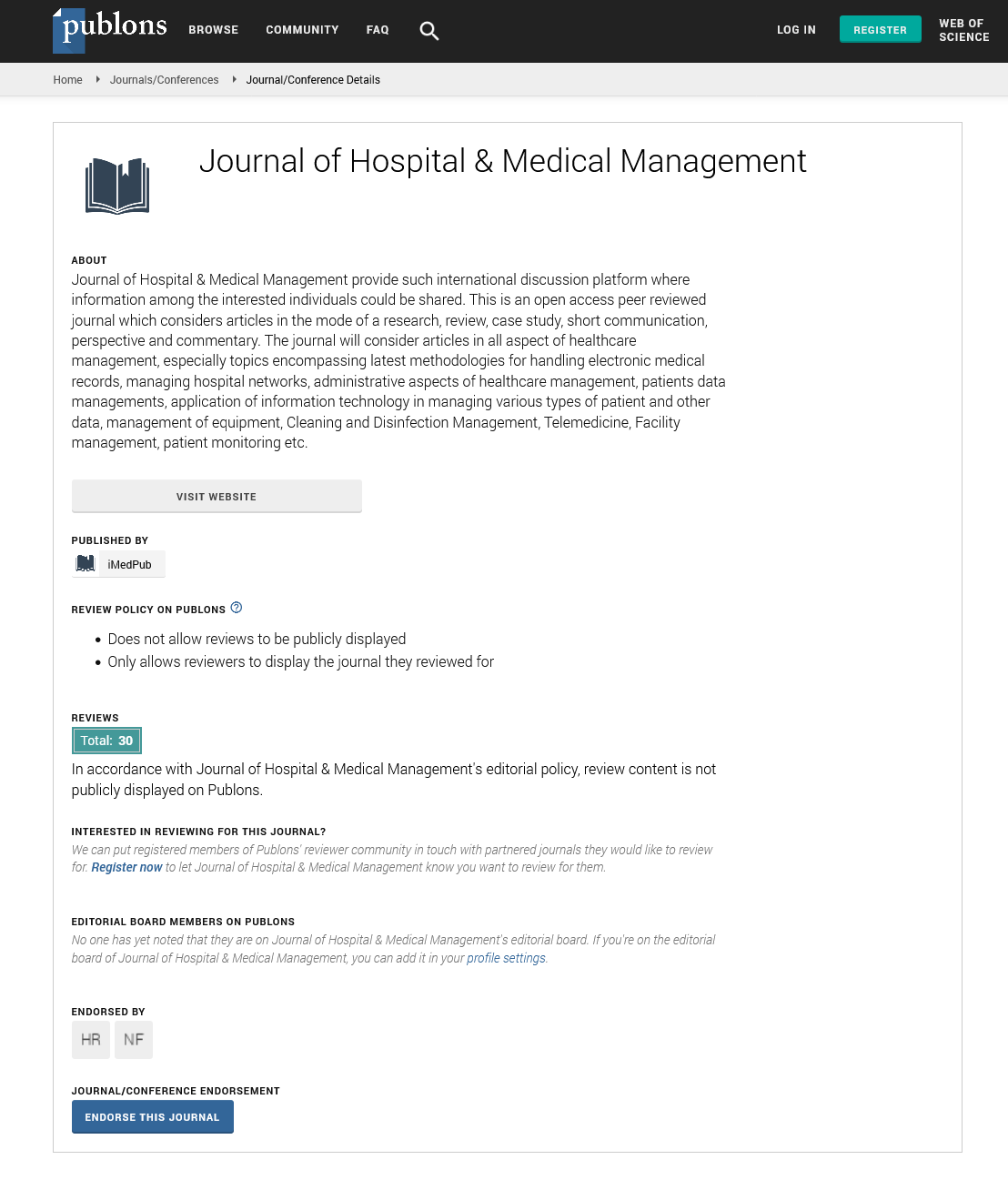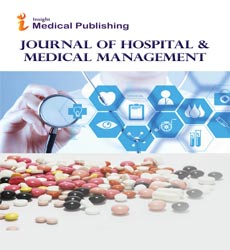Abstract
Inventory Management and Control Systems in COVID-19 Pandemic Era: An Exploratory Study of Selected Health Institutions in Anambra State, Nigeria
The content and scope of this study explored inventory management and inventory control in selected health institutions in Anambra state. The study adopted survey research design. Inventory management, was measured by re-order level system, periodic review system and economic order quantity model while inventory control, was measured by optimal stock level. Out of a population of 74 drawn from 7 health institutions, Taro Yamane formula and stratified sampling technique were used to determine the sample size of 66 respondents. The tests of hypotheses were conducted using Chi-Square test and Spearman Ranked Order Correlation Coefficient. The result of the analysis revealed that Re-order Level System, Periodic Review System and Economic Order Quantity Model which are the systems currently in use have statistically significant influence on the optimal stock level of health institutions and pose challenges significant challenges on usage in the COVID-19 pandemic period. This implies that inventory management systems of health institution urgently need to be modified to properly fit the unpredictable changes in demand and supply of medical supplies in the pandemic era. In other words, there is need for hospitals to adopt flexible systems of inventory management as it suits the economic and medical situation of the time. Consequent to the above, this study recommends that among others that the management of health institutions should strive to ensure that the right stock is kept in their warehouses to hedge against excessive holding cost of medical supply inventories and stock-outs which could lead to loss of life/patronage.
Author(s):
Abstract | Full-Text | PDF
Share this

Google scholar citation report
Citations : 319
Journal of Hospital & Medical Management received 319 citations as per google scholar report
Journal of Hospital & Medical Management peer review process verified at publons
Abstracted/Indexed in
- Google Scholar
- China National Knowledge Infrastructure (CNKI)
- WorldCat
- Publons
- International Committee of Medical Journal Editors (ICMJE)
Open Access Journals
- Aquaculture & Veterinary Science
- Chemistry & Chemical Sciences
- Clinical Sciences
- Engineering
- General Science
- Genetics & Molecular Biology
- Health Care & Nursing
- Immunology & Microbiology
- Materials Science
- Mathematics & Physics
- Medical Sciences
- Neurology & Psychiatry
- Oncology & Cancer Science
- Pharmaceutical Sciences


